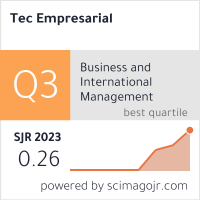IMPACT OF UAE’S SOFT POWER PRACTICES ON INTERNATIONAL RELATIONS
Abstract
International relations (IR) refer to the interactions among sovereign states and the scientific study of these interactions. It encompasses various activities among states such as diplomacy, trade, and foreign policy, as well as interactions with international actors like intergovernmental organizations, NGOs, and multinational corporations. The primary purpose of this study was to examine the UAE's soft power practices (foreign policy, culture, and political values) influence on international relations. The study also examined the role of public perception as a moderator on the effect of the UAE's soft power practices (foreign policy, culture, and political values) on the international relations of the UAE. A cross-sectional poll was performed with more than 357 employees of all levels who work in the UAE embassies around the world, and any other employees working in the Ministry of Foreign Affairs who were chosen using the quota sampling method. The current paper confirms previous findings on the relationship between soft power practices (foreign policy, culture, and political values) and international relations. The latest study backs up prior research on the link between soft power practices (foreign policy, culture, and political values) and international relations. As a consequence of these findings, managers may be able to boost UAE's international relations by focusing on soft power practices like foreign policy, culture, political values, and public perception.






